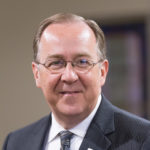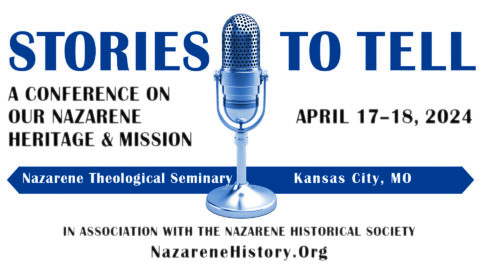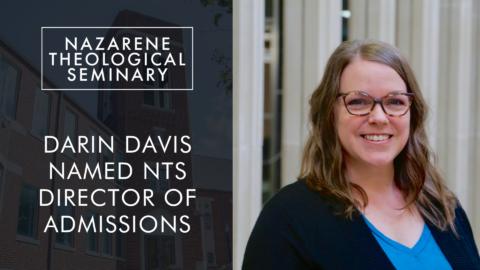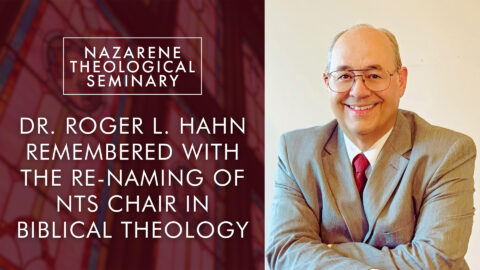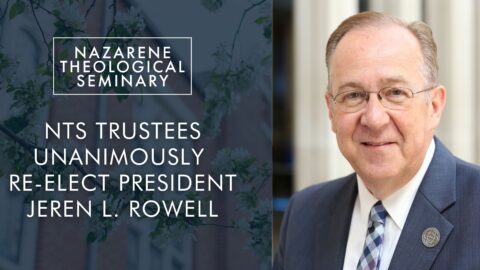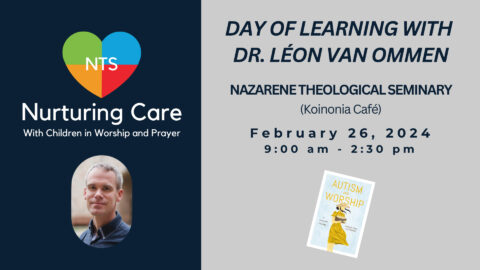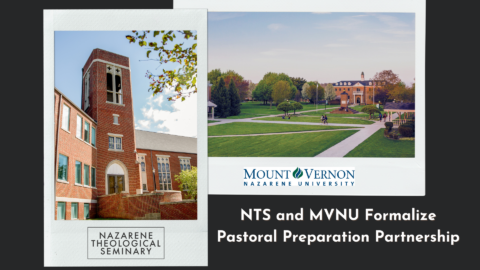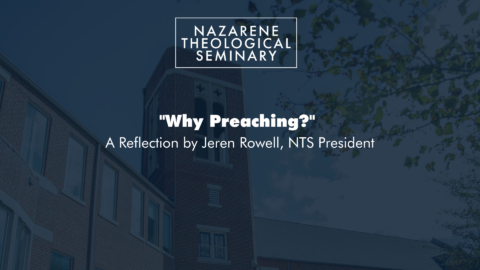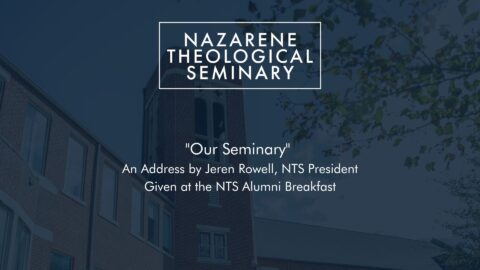August 1, 2020
During these days of global coronavirus spread, we have heard references to another pandemic that swept the nation over 100 years ago. Although the spread of the post-WWI influenza strain went global, its origins in the United States seem to trace to military personnel stationed at Fort Riley, Kansas. One hundred soldiers initially became ill with the flu and within one week that number had grown to more than five hundred.
The Centers for Disease Control and Prevention (CDC) estimates “that about 500 million people or one-third of the world’s population became infected with this virus. The number of deaths was estimated to be at least 50 million worldwide with about 675,000 occurring in the United States.”[1]
During this difficult time, as now, churches in many cities were closed. In Birmingham, Alabama, a local newspaper began to print sermons, service outlines, scriptures and announcements sent in by various clergy to help people worship at home. One of the local pastors, Rev. Fletcher Parrish, of the Eleventh Avenue Methodist Church, offered a sermon on Genesis 24:63 and reflected on Sabbath opportunities in the midst of pandemic. Pastor Parrish’s printed message in The Birmingham News included these thoughts:
Meditation is very profitable for the soul, but the rush of the world is so great at present that very little time is given to cogitation and reflection. [People] think they have no time to walk out in the fields for contemplation, or to sit quietly by the fireside and muse. However, we have a God-given opportunity for this helpful indulgence by reason of this unique Sabbath which has dawned upon us.
Out of necessity our churches are closed, and all public gatherings must be discontinued. We cannot go motoring, and we would not go to business if we could, and even the fields are dangerous lest we should come in contact with goldenrod and ragweed and take influenza. But we can sit by the fire and give ourselves to thought and reflection which will bring great profit to us.[2]
While our current experience seems to include much anxiety to “get back to normal,” perhaps this wisdom from our not-so-distant and familiar past can instruct us now. We have been so shaped by a “do-it-now” society that we can hardly conceive of meaningful experiences of quiet, solitude, and contemplation. This is to our deficit not only spiritually, but physically and relationally as well.
It builds into us a propensity for the much-maligned, “Ready, Fire, Aim!” approach to life. There is nothing wrong with decisive action and confident leadership. These are much needed at times, but when they are applied without the wisdom that comes from purposeful reflection and discernment, they can easily become carelessly applied actions with unintended negative consequences. Some years ago, I came across the phrase, “Don’t just do something, sit there!” This quote from another author was being used by a pastoral writer who was trying to encourage us not simply to “rush to the work” of pastoral ministry, but to let it rise thoughtfully and prayerfully from a place of communion with the Lord Jesus.
During these months of pandemic restriction, I have certainly struggled through my share of adjustments to the normal pace of life. However, I have come to see the value and beauty of these gifts of space and time that are shaping into me, by the work of the Holy Spirit, a renewed and deepened awareness of the nearness and help of the Lord. It’s as deep as increased time in focused prayer and as simple as daily walks through my neighborhood. Both of these, and more, have become gifts of grace to me.
This posture of non-anxious leisure in the presence of the risen Christ is part of what seminary education intends to form into those who are preparing or deepening their capacities for Christian ministry. We are in desperate need of pastoral leaders who are capable of “bringing a word from elsewhere,” as Bible scholar Walter Brueggemann puts it. What he is talking about is the capacity to avoid being swept along by the anxieties or demands of contemporary society. It is the capacity to hear rightly the word of the Lord. This cannot be done when one is driven mostly by pragmatic concerns of growth or survival. This is the ability to reach into deep wells of living water that come from lingering in the presence of the Lord.
Seminary education is certainly about learning the content of Scripture study, theology, Christian history, and Christian ministry. However, these things are not sufficient in themselves to sustain the ministry of the gospel. A key part of our purpose at Nazarene Theological Seminary is that we would help developing ministers “to know and love the Lord, walk with the Lord, and speak of the Lord with charity and hospitality.” These things require the ability to “sit there” in the presence of the Spirit and allow the fruit of the Spirit to come to maturity.
So, in this time when we seem to have “new” or “extra” time for things possibly considered unproductive or incidental to real life, let us embrace this moment of grace to linger, to listen, and to be patiently formed in the way of Jesus. In other words, “don’t just do something, sit there!”
Jeren Rowell
President and Professor of Pastoral Ministry
[1] https://www.cdc.gov/flu/pandemic-resources/1918-commemoration/1918-pandemic-history.htm
[2] https://www.al.com/coronavirus/2020/04/what-clergy-said-when-influenza-closed-churches-in-1918.html


